Will Sheikh Hasina's fate harm India’s ties with Bangladesh?
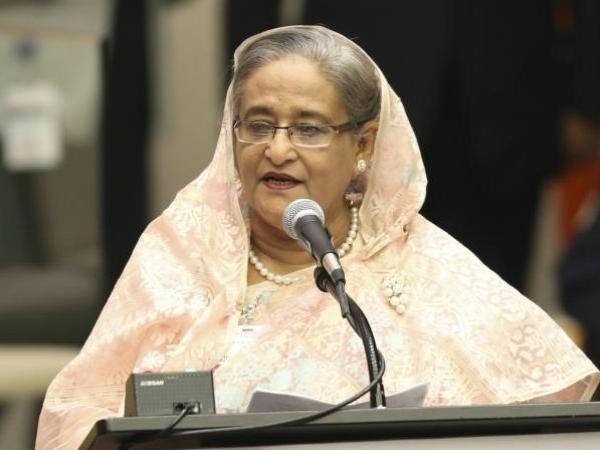
Dhaka, September 14 — More and more voices in Bangladesh, including its top prosecutors, are demanding the extradition of ousted Prime Minister Sheikh Hasina.
The veteran leader fled to India in a military helicopter last month after Bangladesh was hit by a wave of student-led protests. Hundreds lost their lives in clashes between anti-government protesters, government supporters, the military and law enforcement.
Mohammad Tajul Islam, the newly appointed chief prosecutor of Bangladesh's war crimes tribunal, recently named Hasina "the main perpetrator" responsible for the deadly violence.
"Bangladesh has a criminal extradition treaty with India, which was signed in 2013, while Sheikh Hasina's government was in power," Islam told reporters on Sunday.
"As she has been made the main accused of the massacres in Bangladesh, we will try to legally bring her back to Bangladesh to face trial."
India has not provided details on Hasina's location, though she is believed to be sheltering in a safe house. The new interim government in Dhaka has already revoked Hasina's diplomatic passport.
Interim leader advises Hasina to be 'quiet'
In mid-August, Hasina released a statement demanding those "involved in killings and vandalism" during the anti-government protests be "identified and punished."
In the statement released through her son, who is based in the US, Hasina also called upon Bangladesh to mark August 15 as the National Day of Mourning. On that date her father and the founder of Bangladesh, Sheikh Mujibur Rahman, was assassinated.
Hasina's activity in India has already prompted a response from interim government leader Muhammad Yunus, who described her comments as "problematic."
"No one is comfortable with her stance there in India because we want her back to [put her on trial]. She is there in India and at times she is talking, which is problematic. Had she been quiet, we would have forgotten it; people would have also forgotten it as she would have been in her own world," Yunus told Indian news agency PTI.
"But sitting in India, she is speaking and giving instructions. No one likes it."
Hopes of West offering safe destination for Hasina
Former diplomats and academics consulted by DW say New Delhi is likely to resist pressure from Dhaka to deliver Hasina for trial.
"India would not, in any scenario, extradite Sheikh Hasina to Bangladesh, regardless of the pressure. However, India would prefer that she be relocated to a Western haven of her choice, allowing her departure to be a quiet exit that does not strain relations with the new Bangladeshi government," India's former high commissioner to Pakistan Ajay Bisaria told DW.
"To build ties with the new regime, India may dispatch a high-level envoy, possibly the external affairs minister, to visit Bangladesh once the new government stabilizes. If Sheikh Hasina remains in India during this visit, her presence could dominate the agenda and hinder India's efforts to build bridges," added Bisaria.
Separately, India's former ambassador to the US, Meera Shankar, noted that Washington is not offering to accept Hasina.
"Sheikh Hasina has taken shelter in India as neither the USA nor the UK offered her political asylum," she told DW. "This is in keeping with India's tradition."
India says talks of extradition 'hypothetical'
South Asia expert Sreeradha Datta also pointed to long-running links between India and Hasina's regime, saying it was "unlikely that India will let Hasina down" by deportation.
"Both governments must show pragmatism and maturity while dealing with the situation. It cannot be the case that allowing Hasina to stay should impinge on future relations," Datta, a professor of international affairs at the Jindal Global University, told DW.
At a press briefing in late August, Indian Foreign Ministry spokesperson Randhir Jaiswal said extradition was in the "realm of hypothetical issues."
"As we stated earlier, the former prime minister of Bangladesh came to India at very short notice for reasons of safety. We have nothing further to add on that matter," Jaiswal told reporters.
New Delhi's plans for Bangladesh expected to continue
At the same time, Jaiswal admitted that bilateral projects were affected by the current situation in Bangladesh.
The neighbouring country is India's biggest trade partner in South Asia, with bilateral trade estimated at $15.9 billion (€14.55 billion) in the fiscal year 2022-23. Before Hasina's ouster, both sides were also due to start talks for a free trade deal.
Since the regime change in Dhaka, Indian Prime Minister Narendra Modi has spoken to Bangladesh's interim leader Yunus and pledged that New Delhi will continue implementing its development projects across the border.
Modi reiterated "India's support for a democratic, stable, peaceful and progressive Bangladesh."
Bangladesh dependent on India
Sanjay Bhardwaj from Jawaharlal Nehru University's Centre for South Asian Studies says the fate of Sheikh Hasina may create some discomfort at a high political level. But he also does not see it impacting vital areas of cooperation between the two countries.
"The relationship is determined by the volume of interdependencies in the non-political sphere, which includes trade, investment, health, education, and people-to-people relationships that Bangladesh and India have, which is entrenched," Bhardwaj told DW.
"Key sectors, especially construction, depend on Indian imports," he added.
"If Bangladesh's new guards understand the need for the country, they will agree with India and will not disrupt the ongoing developmental partnership due to their internal political issues and ambitions," according to Bhardwaj.



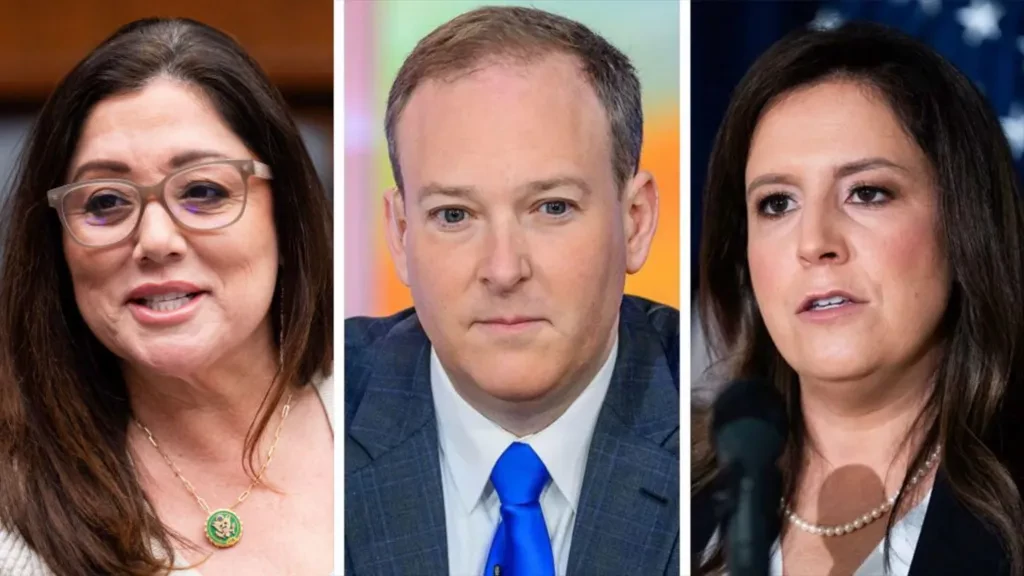
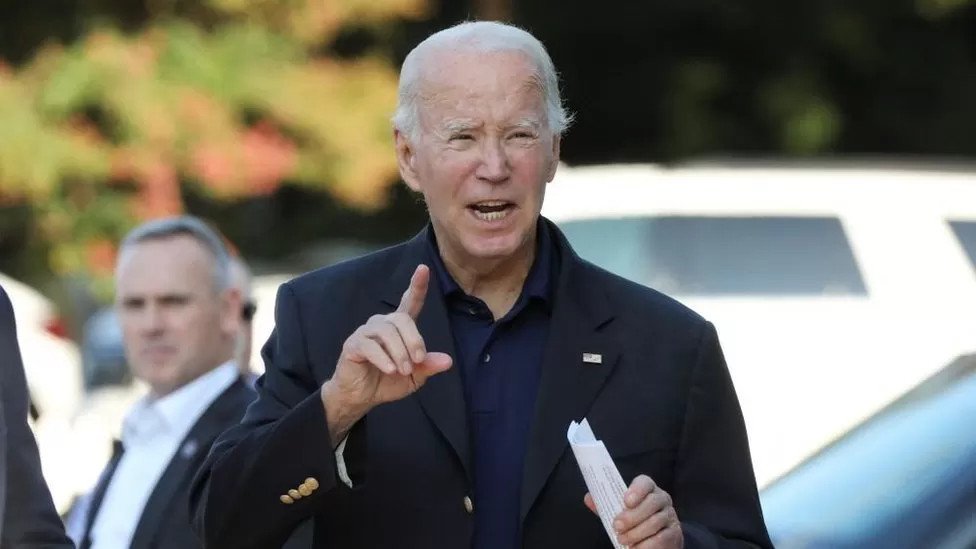
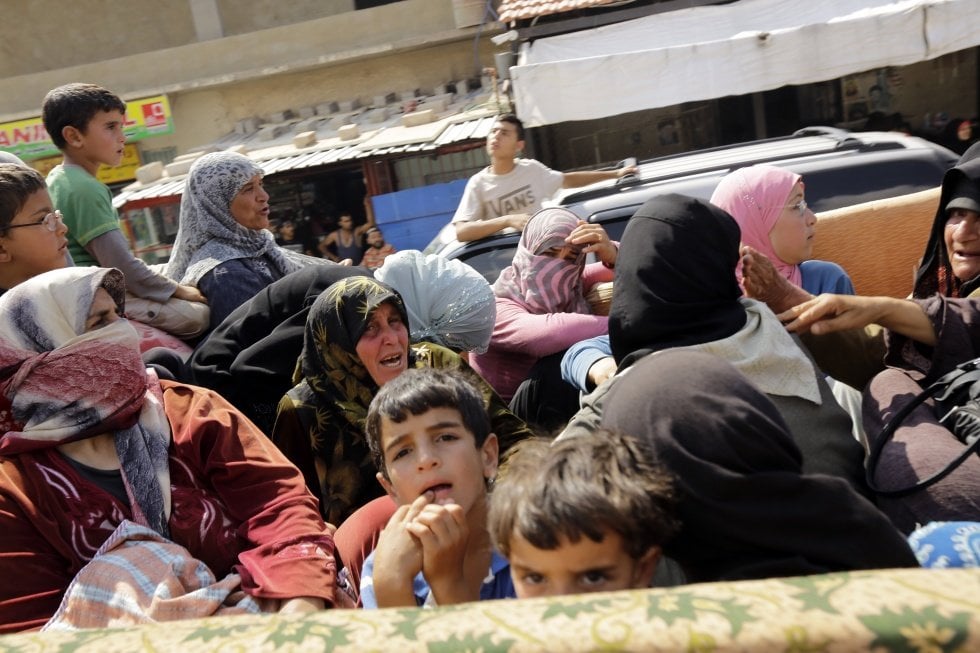
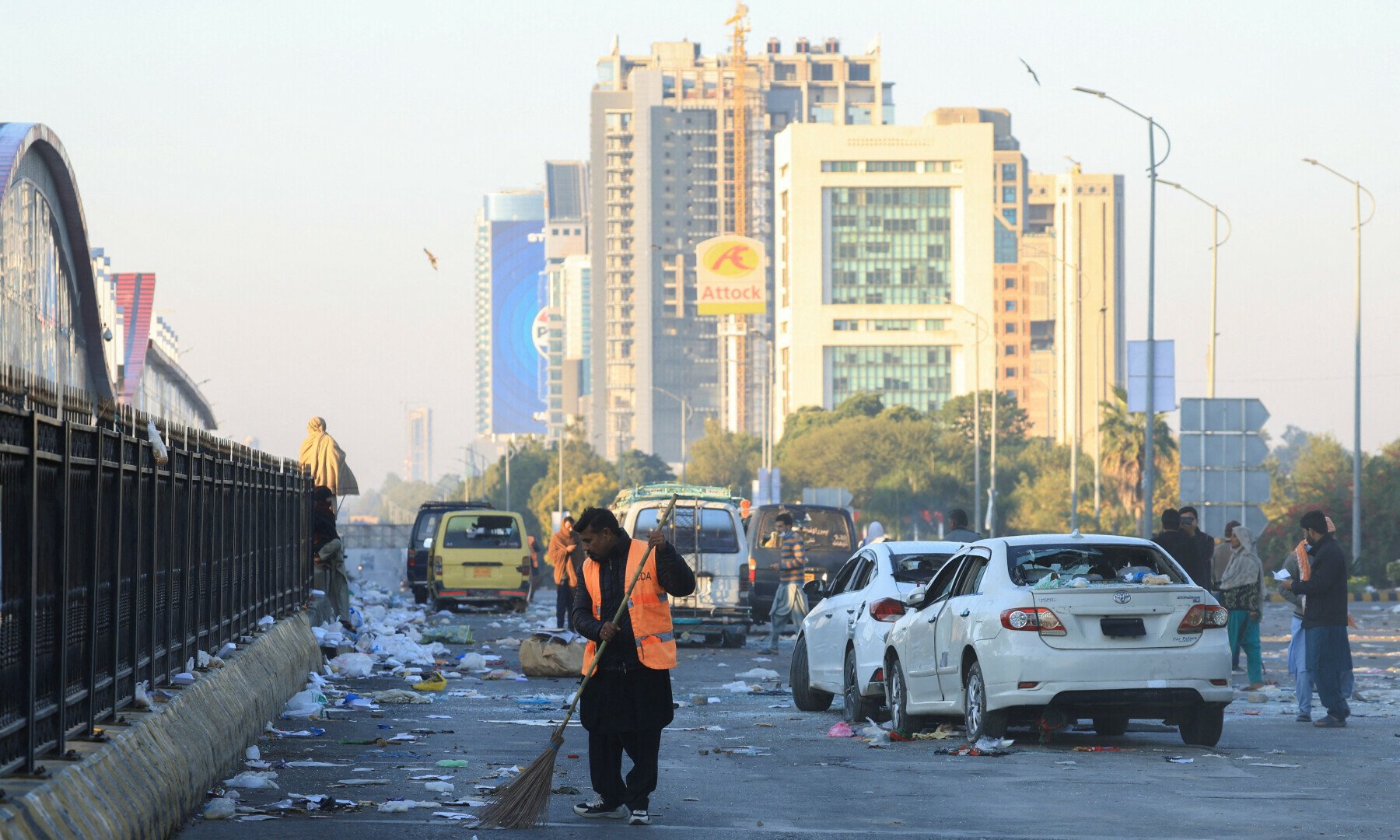
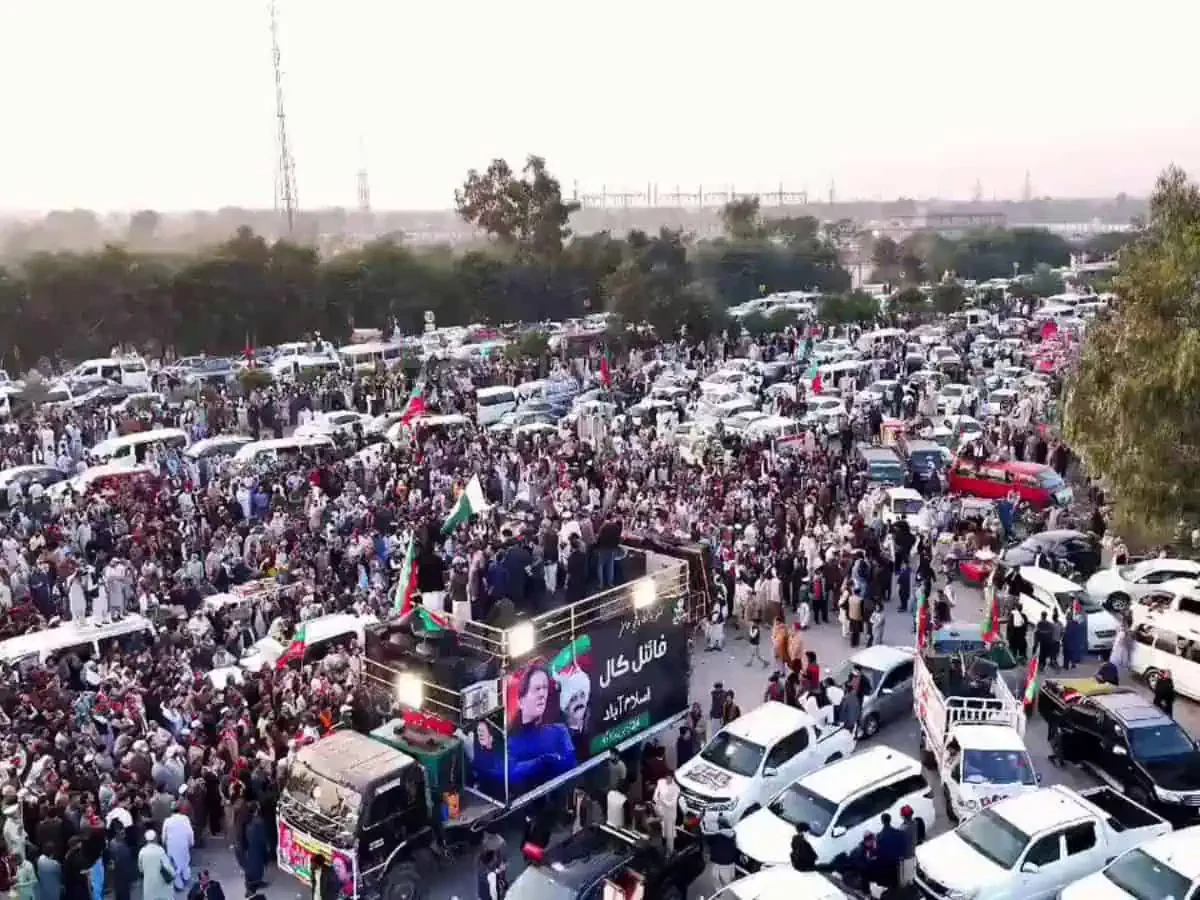
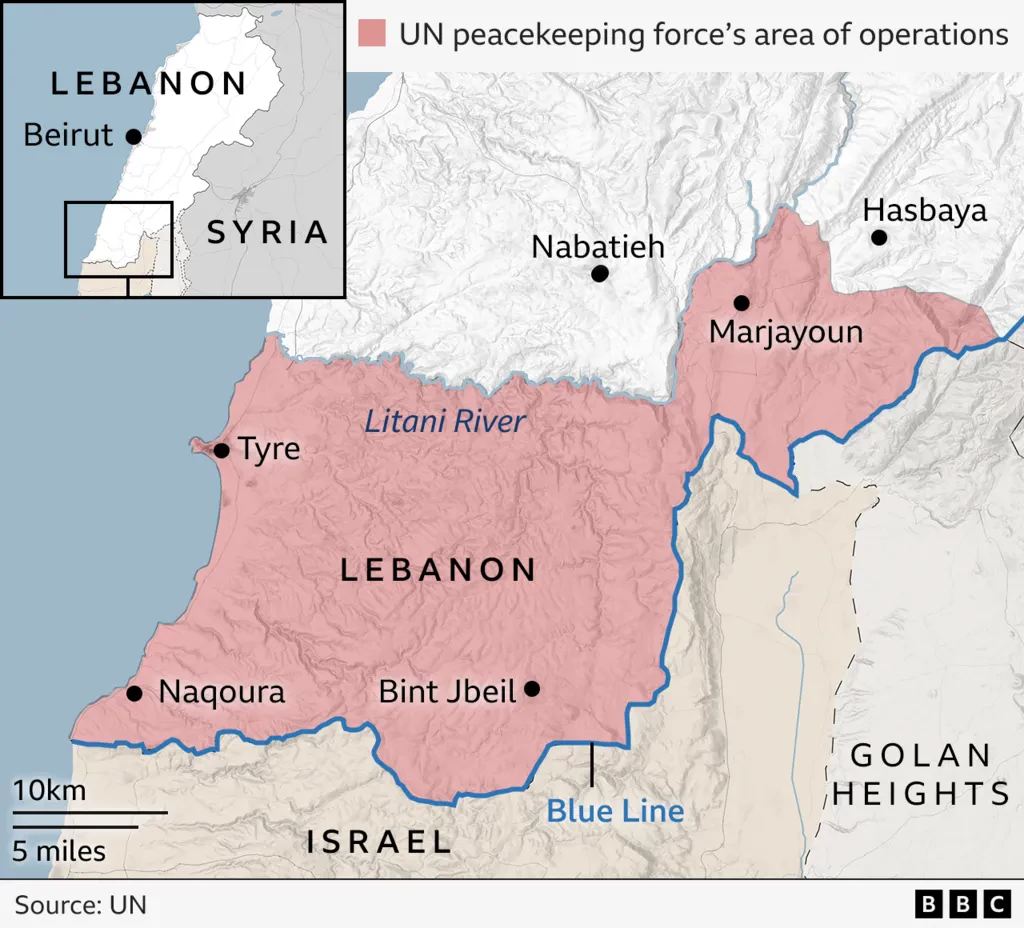
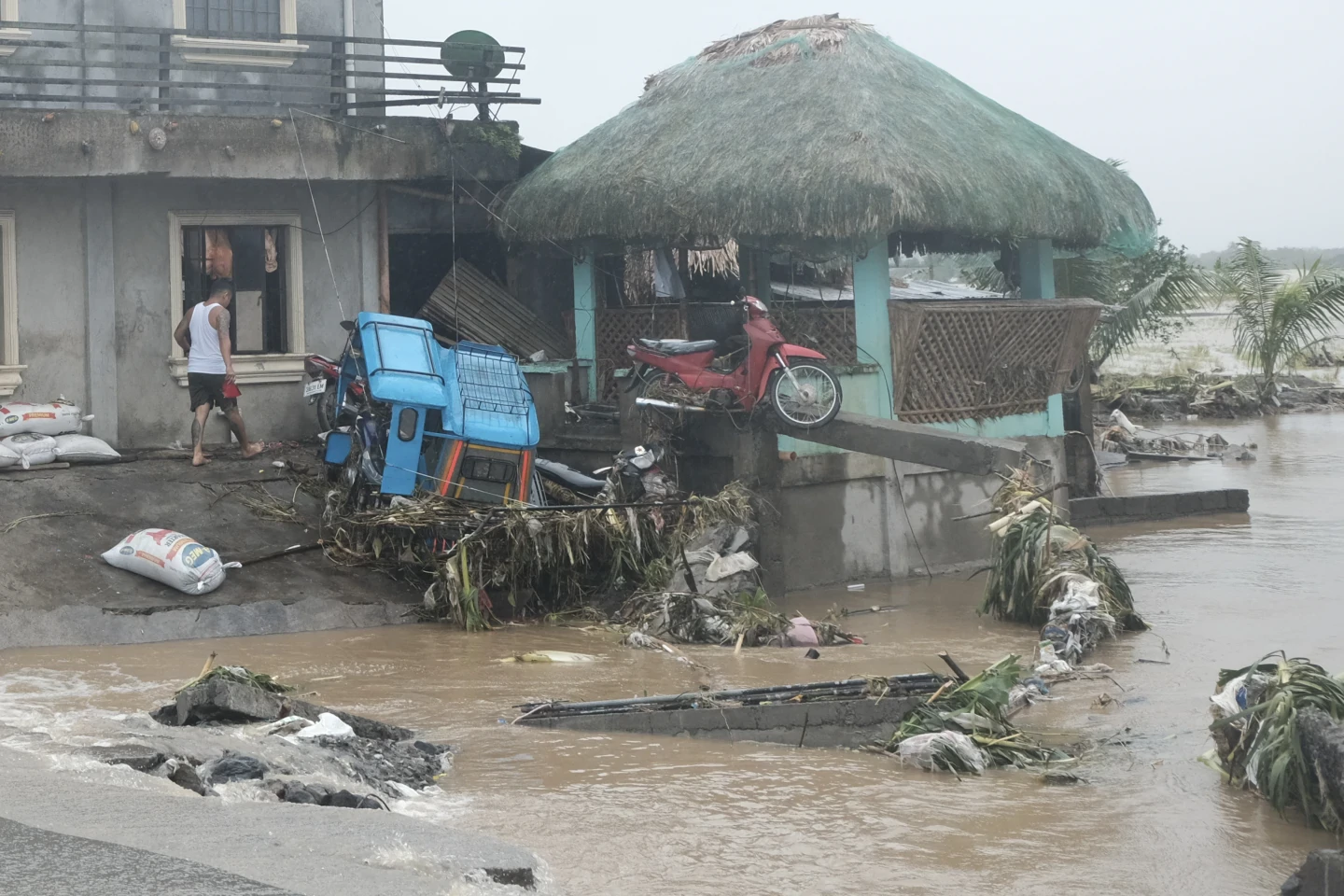
Leave Comment